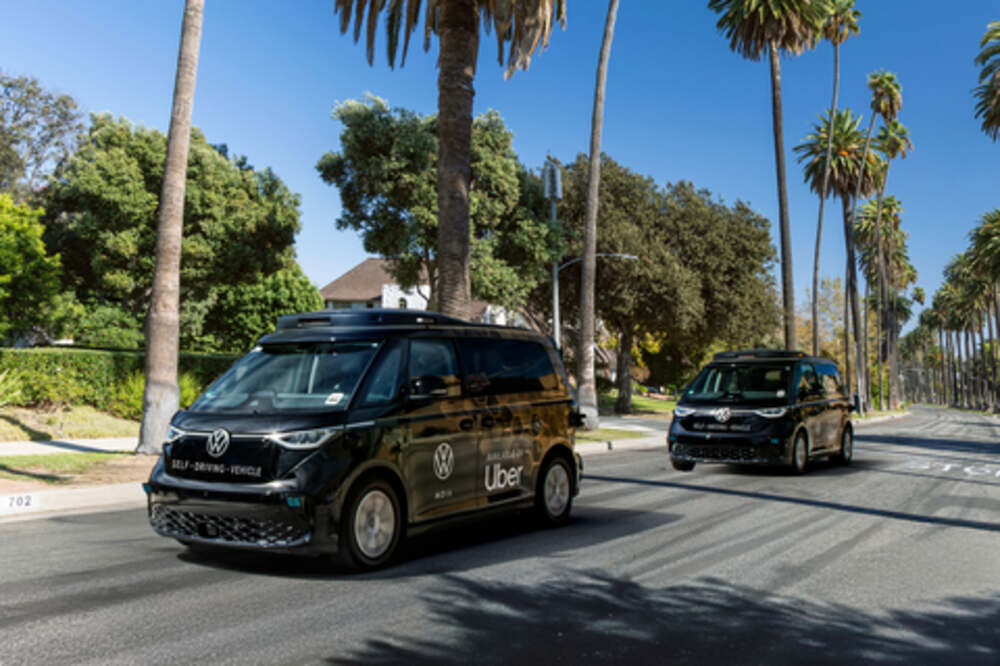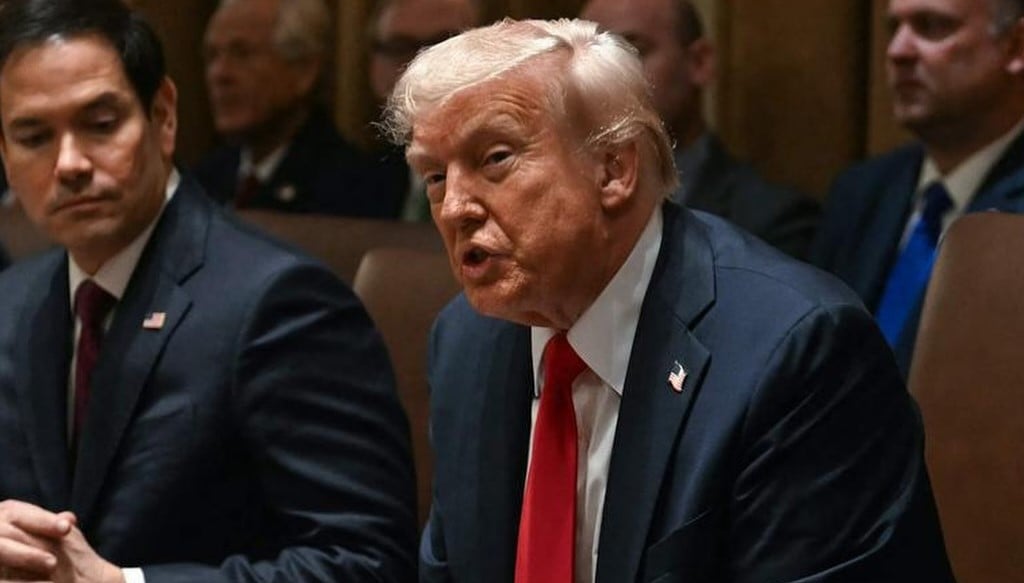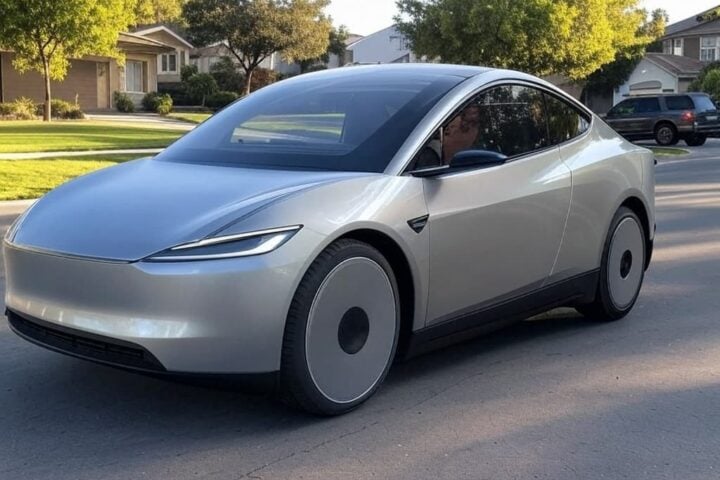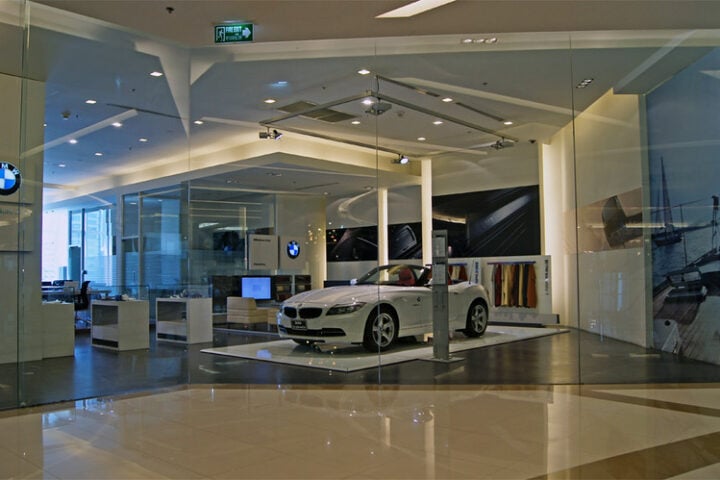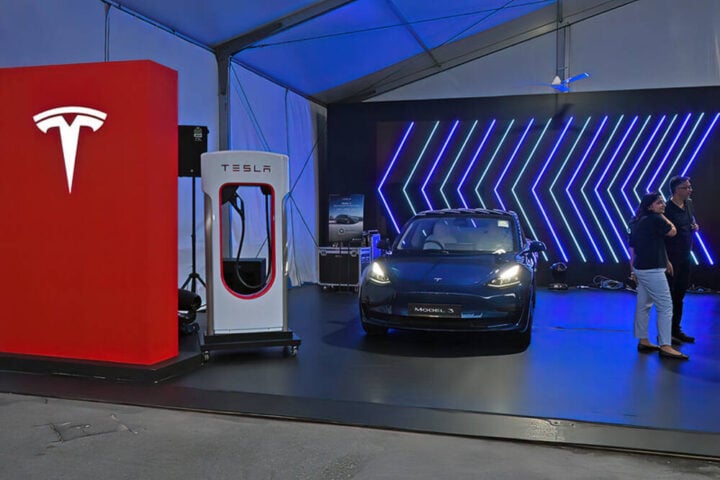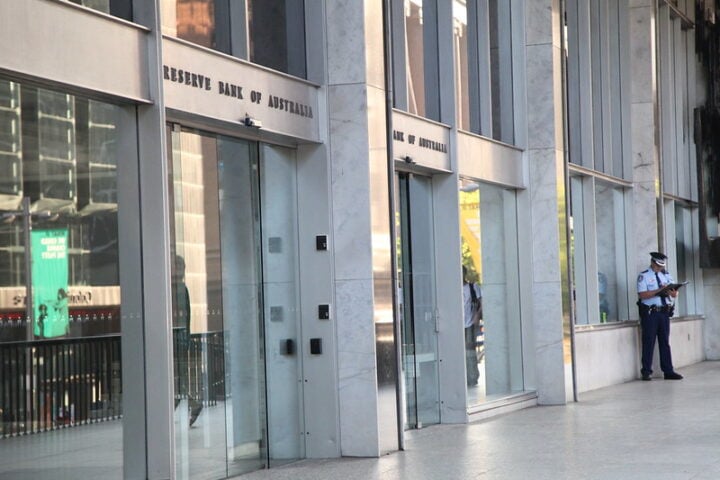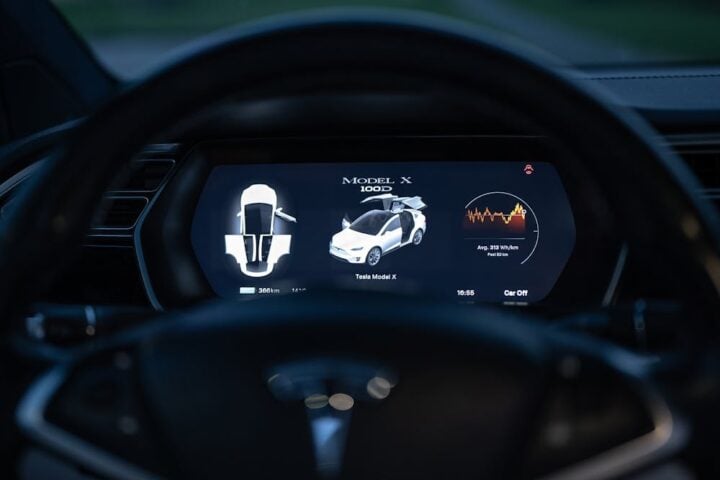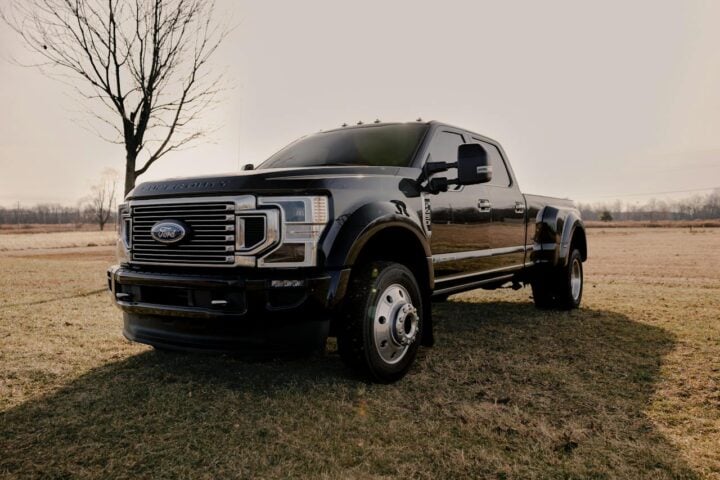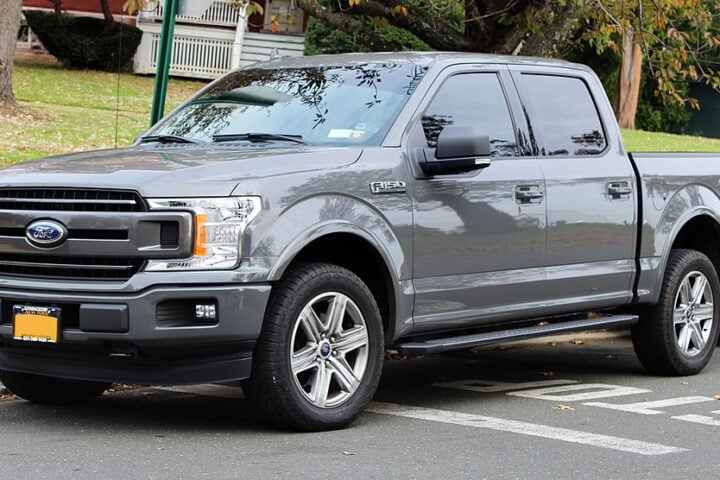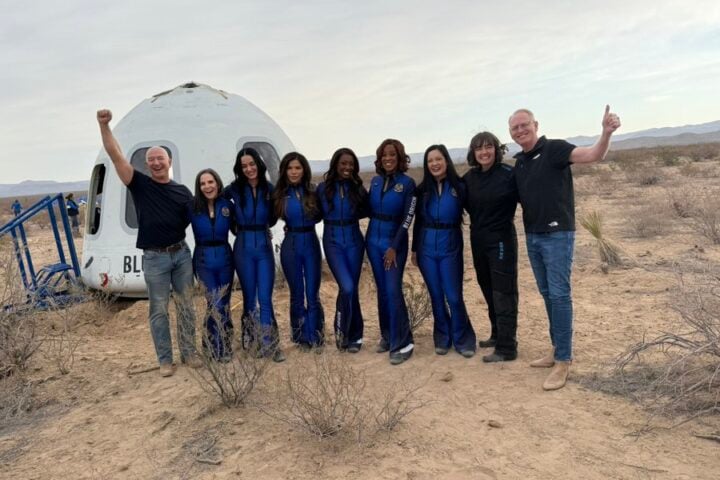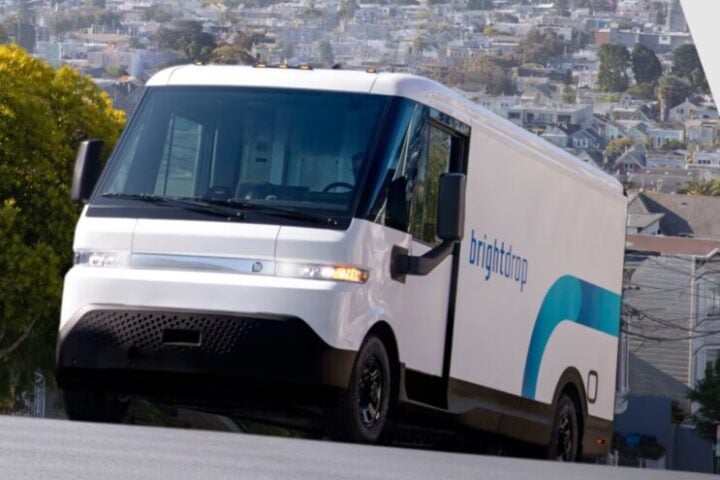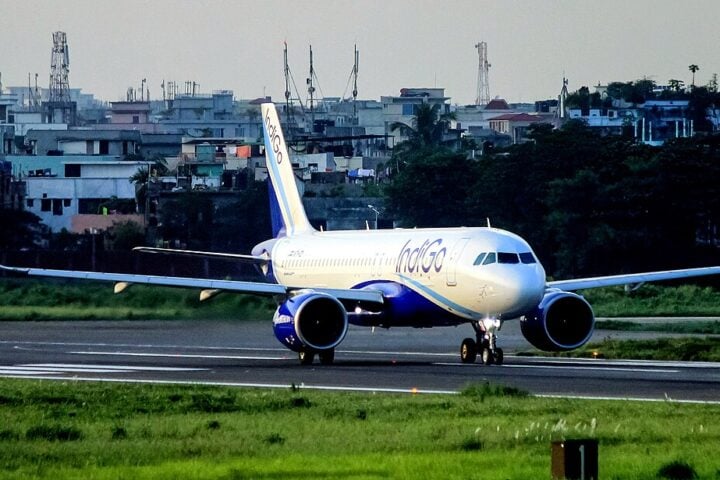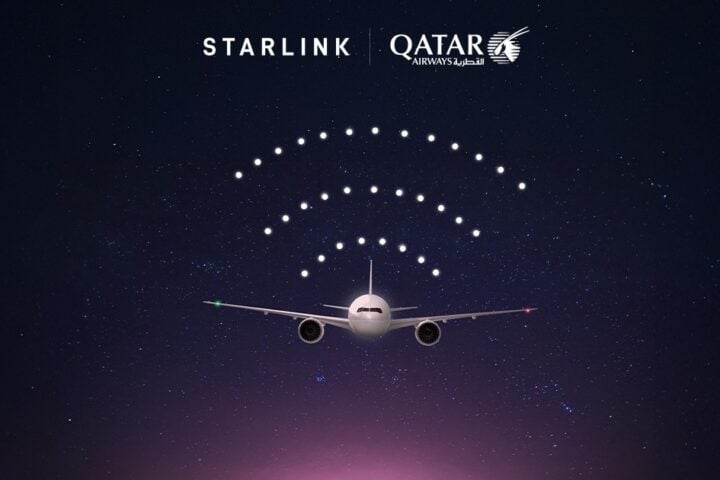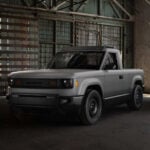Volkswagen and Uber are teaming up to put thousands of self-driving electric vans on American roads. The companies announced a decade-long partnership to deploy autonomous ID. Buzz vehicles across multiple U.S. cities, starting with Los Angeles.
The Deal Breakdown
The partnership centers on Volkswagen’s ID. Buzz AD – an electric, self-driving version of VW’s modern Microbus. Testing begins later this year, with commercial service through the Uber app planned for 2026. During initial phases, human operators will remain in vehicles for safety monitoring.
MOIA, Volkswagen’s mobility brand, will provide the autonomous driving technology for the fleet deployment.
“Volkswagen is not just a car manufacturer—we are shaping the future of mobility, and our collaboration with Uber accelerates that vision,” said Christian Senger, CEO of Volkswagen Autonomous Mobility. “What really sets us apart is our ability to combine the best of both worlds—high-volume manufacturing expertise with cutting-edge technology and a deep understanding of urban mobility needs.”
Uber CEO Dara Khosrowshahi stated: “This collaboration marks a significant milestone in the advancement of autonomous mobility, and highlights both Volkswagen’s and Uber’s shared dedication to building the future of transportation. We can’t wait to launch in Los Angeles late next year.”
Tech Specifications
While complete technical details haven’t been disclosed, earlier ID. Buzz AD prototypes featured extensive sensor arrays:
- 14 cameras
- 11 radar sensors
- 5 LiDAR sensors
This multi-sensor approach helps the vehicle detect and respond to its surroundings in urban environments. The autonomous driving system comes from MOIA, Volkswagen’s specialized mobility subsidiary.
Market Context
This deal intensifies competition in the U.S. robotaxi market where:
- Waymo (owned by Alphabet) already operates in Phoenix, San Francisco, Los Angeles, and Austin
- Uber has an existing partnership with Waymo using autonomous Jaguar I-Paces in Atlanta and Austin
- Zoox (Amazon) continues developing its service
- Tesla has announced robotaxi plans
- GM’s Cruise operations were halted in late 2024
The partnership represents a strategic pivot for Volkswagen following the end of its work with Argo AI. For Uber, it adds another option beyond its Waymo partnership.
Regulatory Hurdles
Both companies emphasized that deployment will proceed only after receiving necessary regulatory approvals. The U.S. Transportation Secretary recently unveiled a new Automated Vehicle Framework aimed at enabling commercial deployment while maintaining safety standards.
The current regulatory environment for autonomous vehicles involves a patchwork of state laws and evolving federal guidelines, which the companies must navigate before full deployment.
What This Means for Consumers
For riders, this partnership eventually means more self-driving options in the Uber app. The companies plan to expand beyond Los Angeles to other U.S. markets over the next decade, though specific cities haven’t been named.

Financial terms of the agreement haven’t been disclosed, so the potential impact on ride pricing remains unclear.
“Volkswagen believes that mobility is transformational. Our partnership with Uber is the next step for us to realize this vision and unleash the potential of autonomous mobility,” said Kjell Gruner, President and CEO, Volkswagen Group of America. “Through our work with Uber, we’ll introduce the ID. Buzz, the reimagined version of the iconic Microbus in all-electric form, to a growing number of riders in the years to come.”
